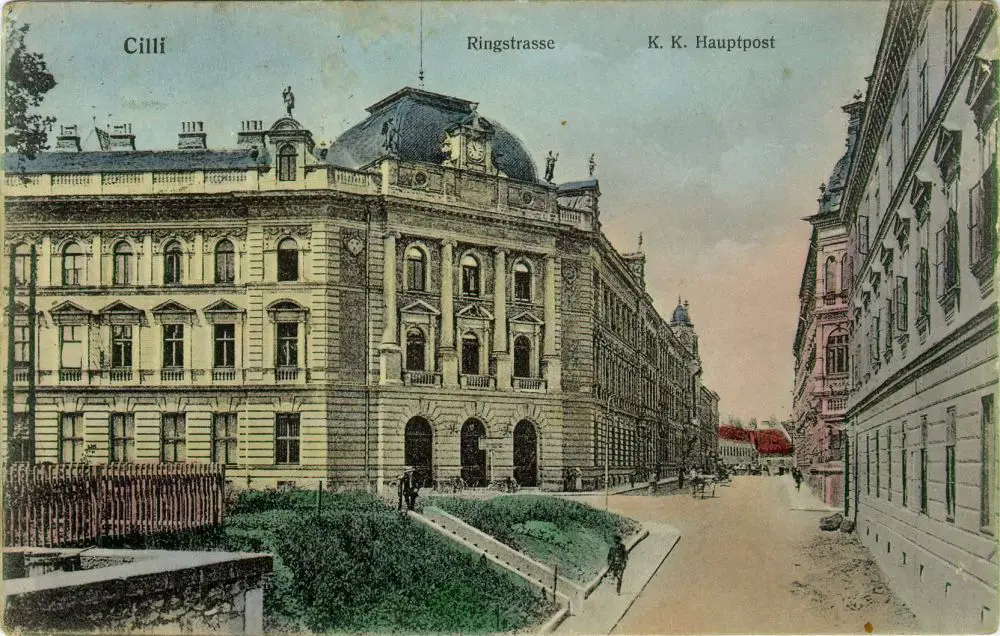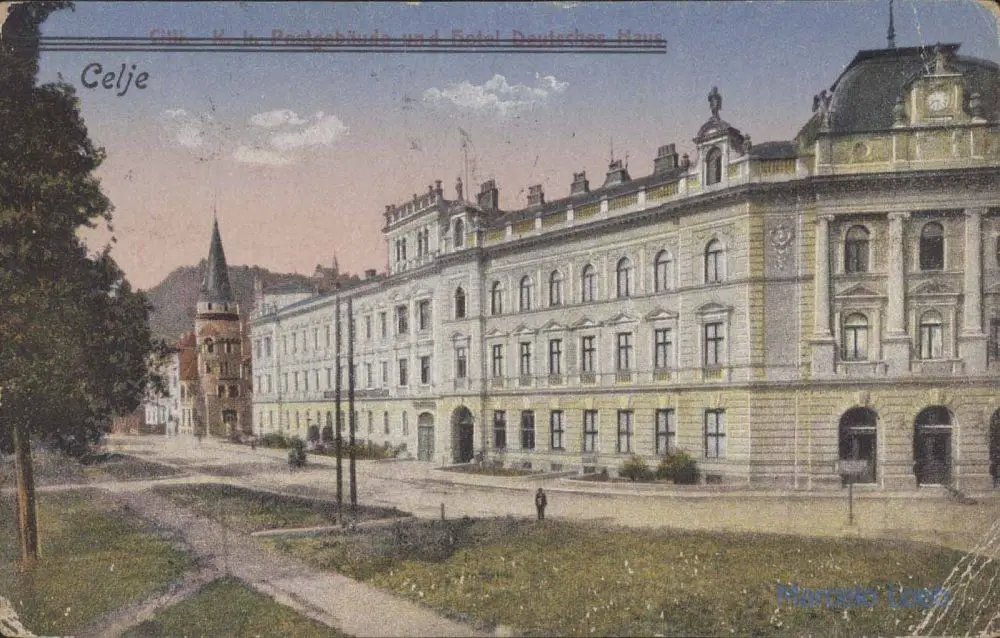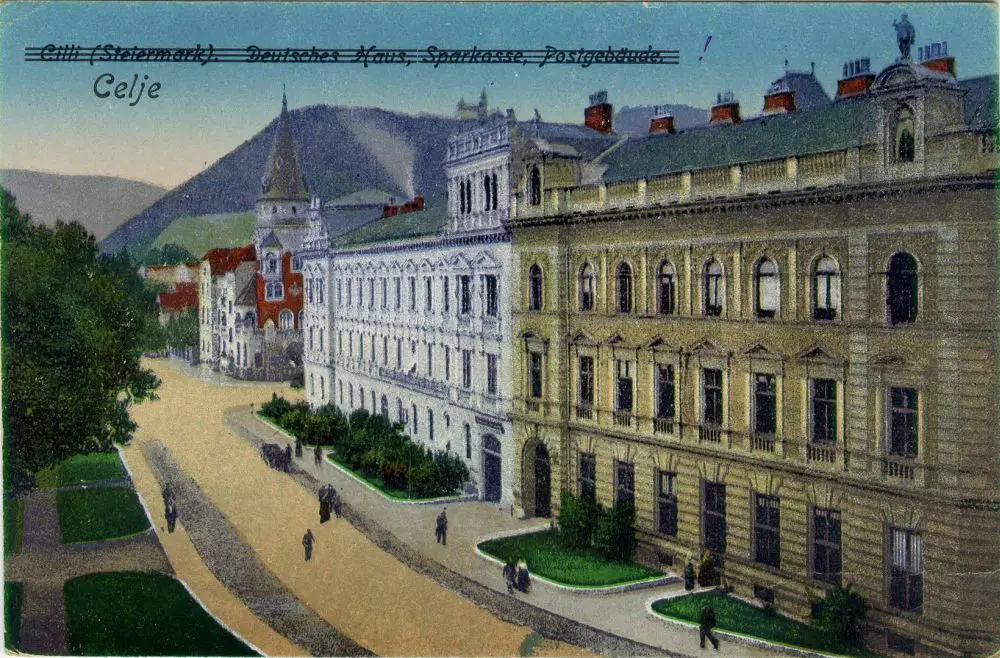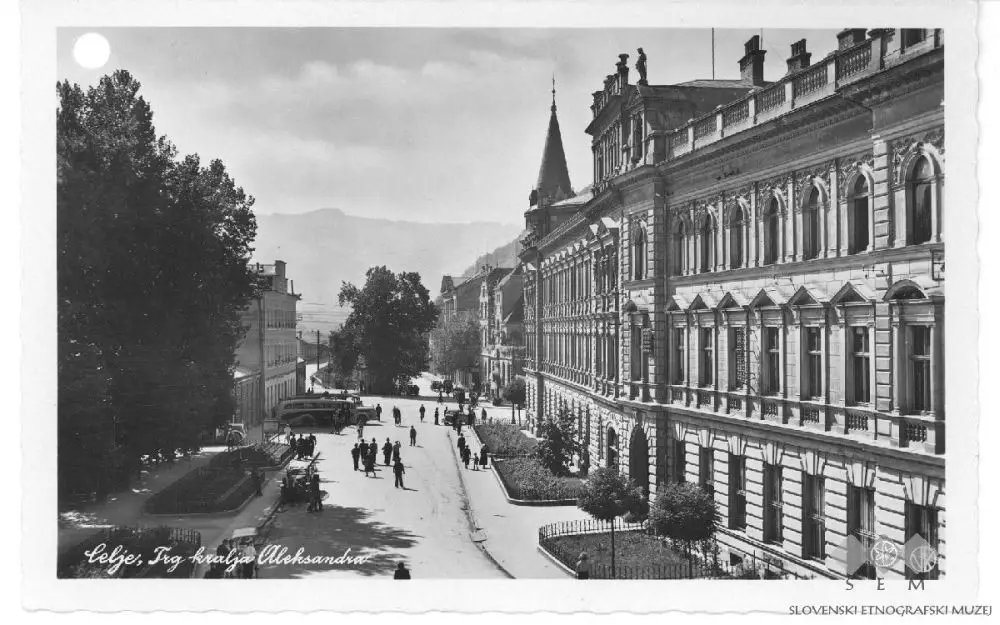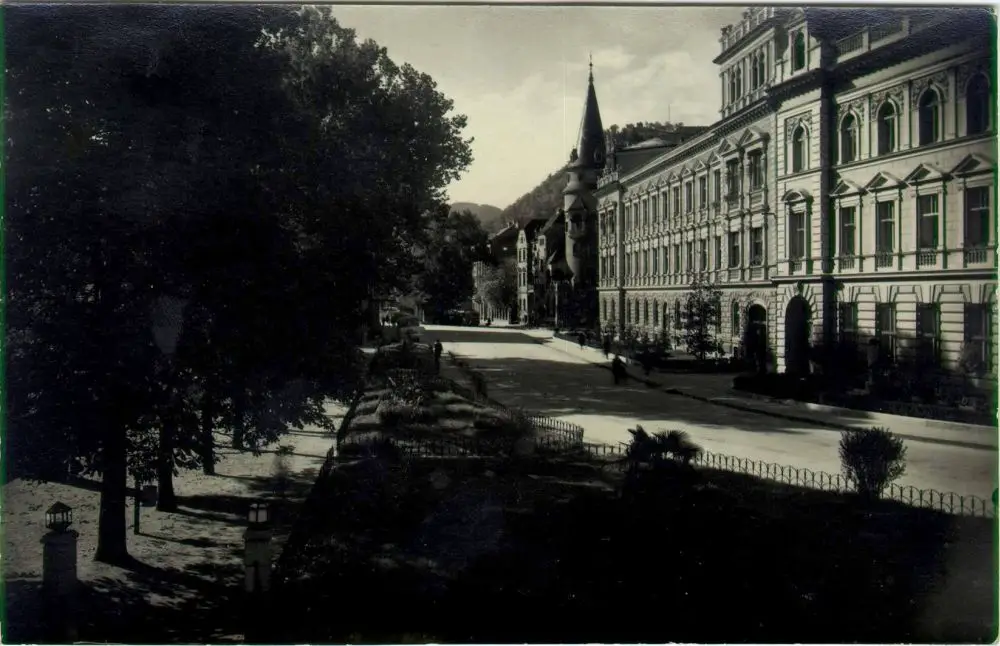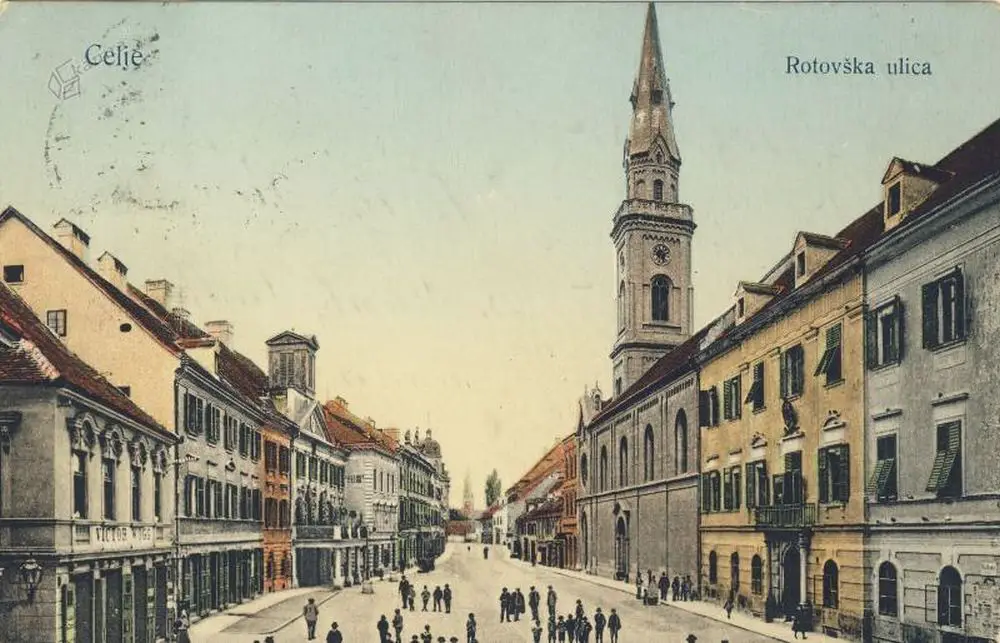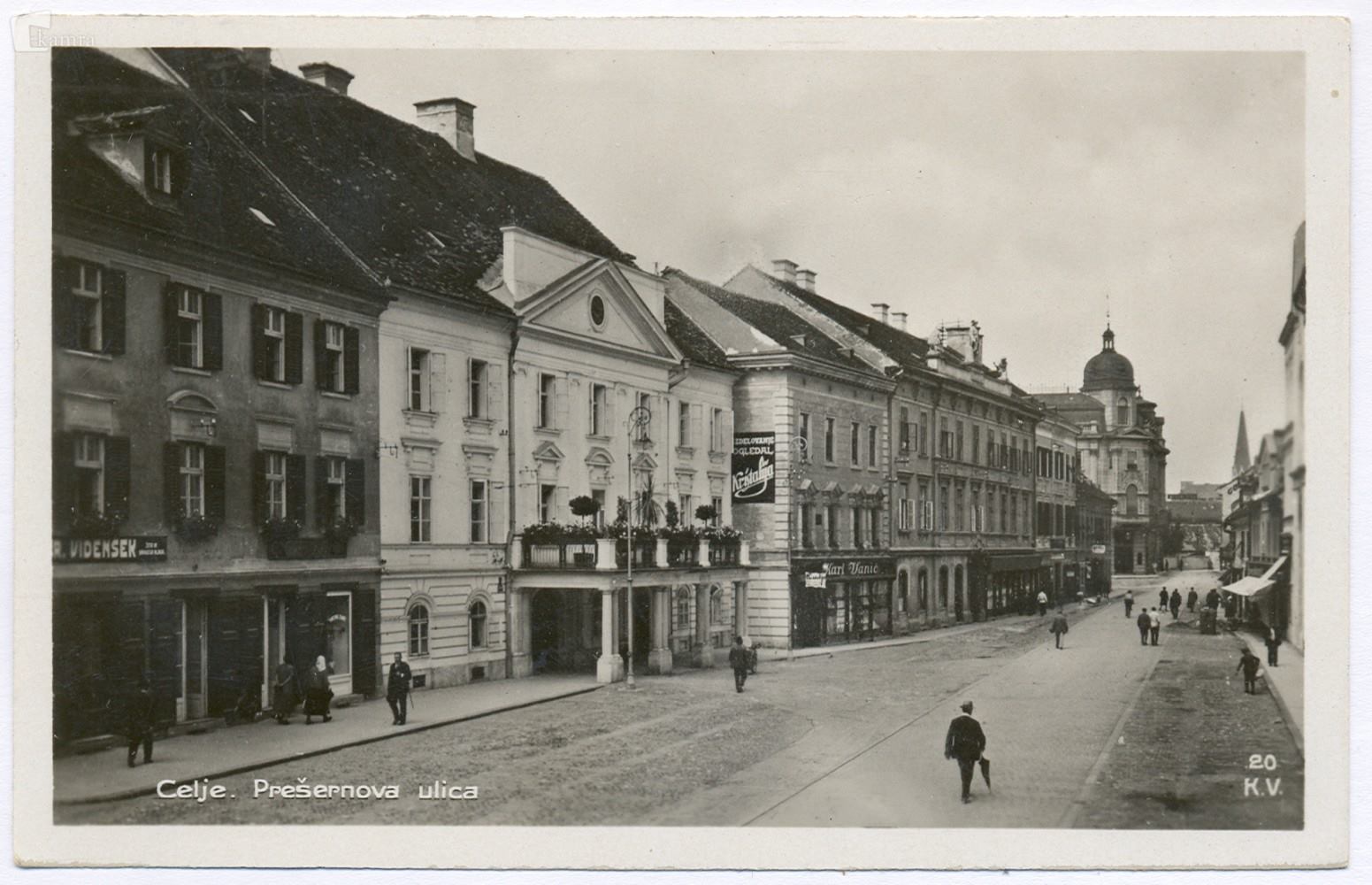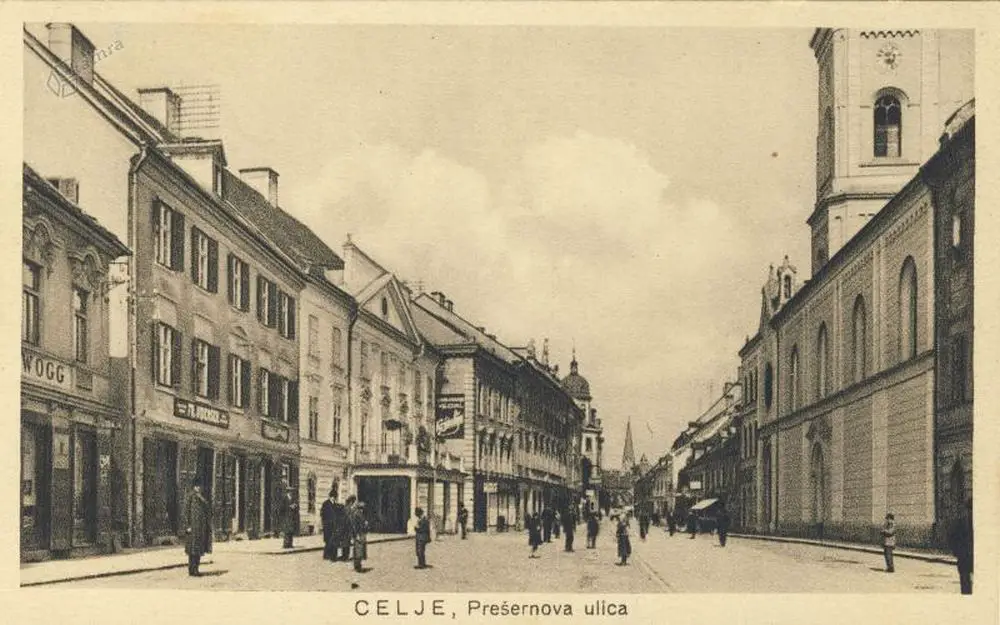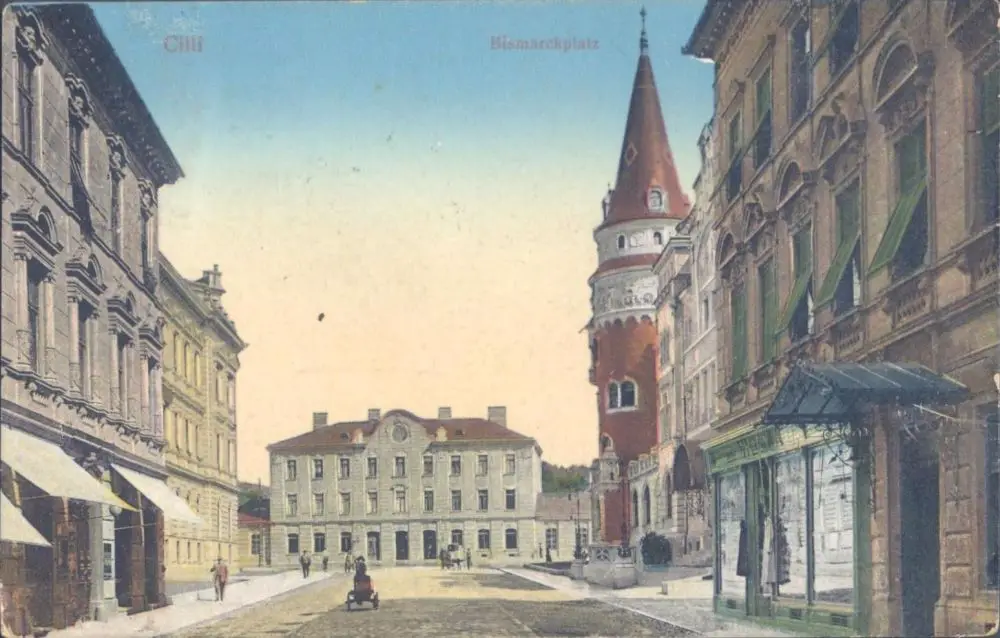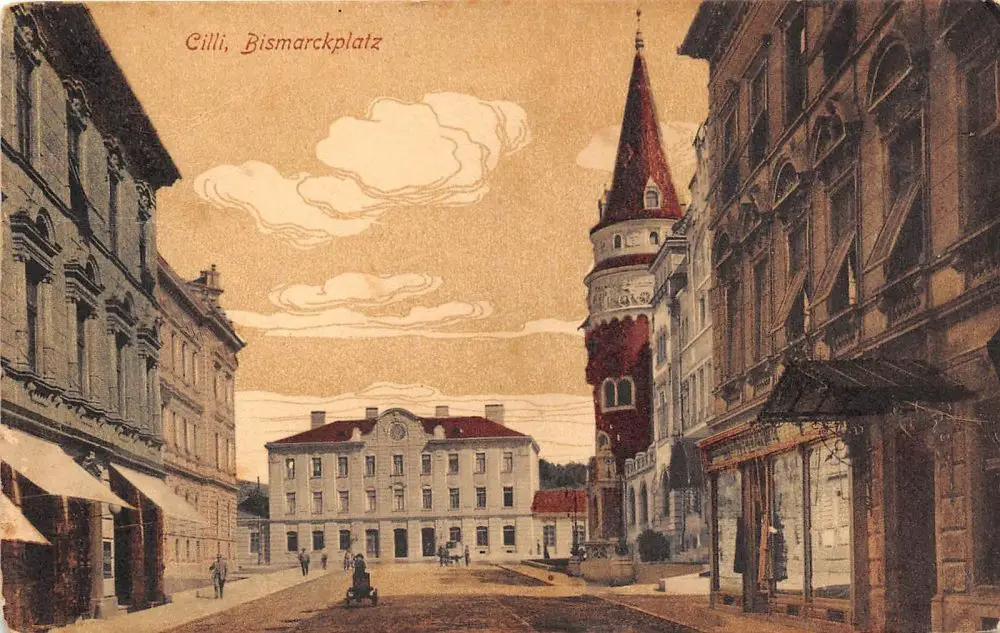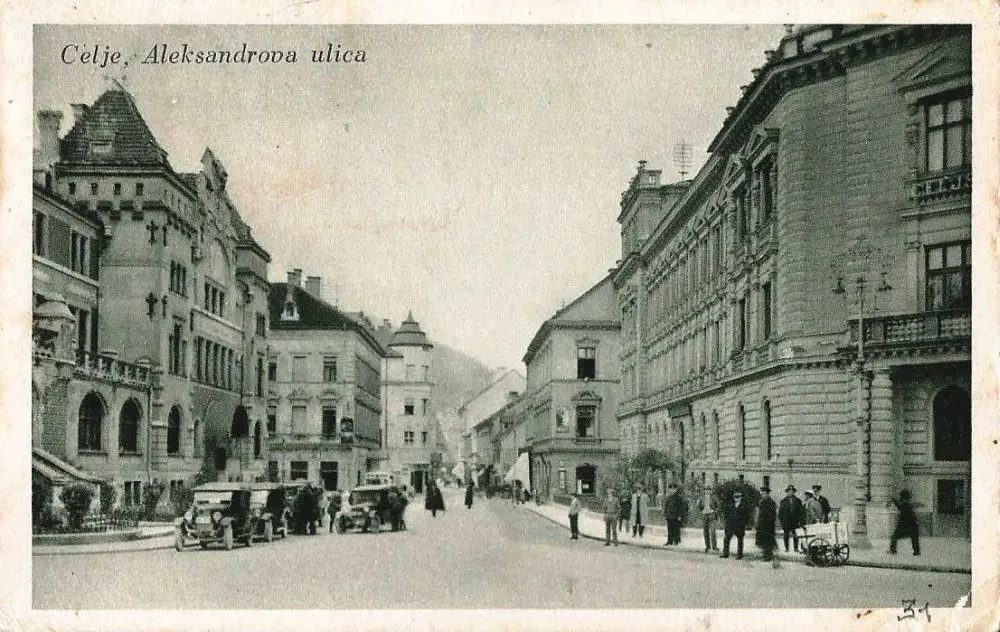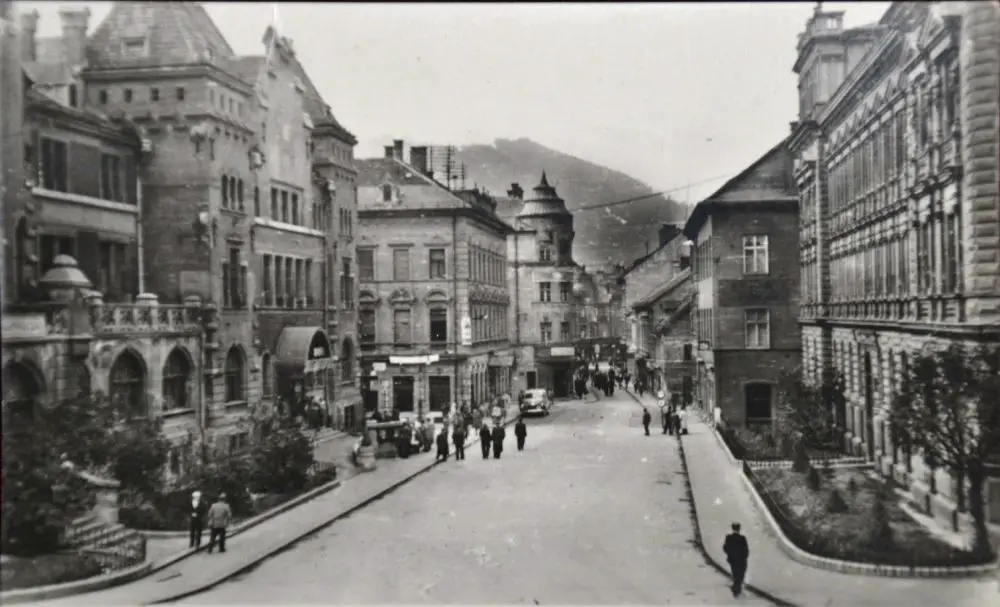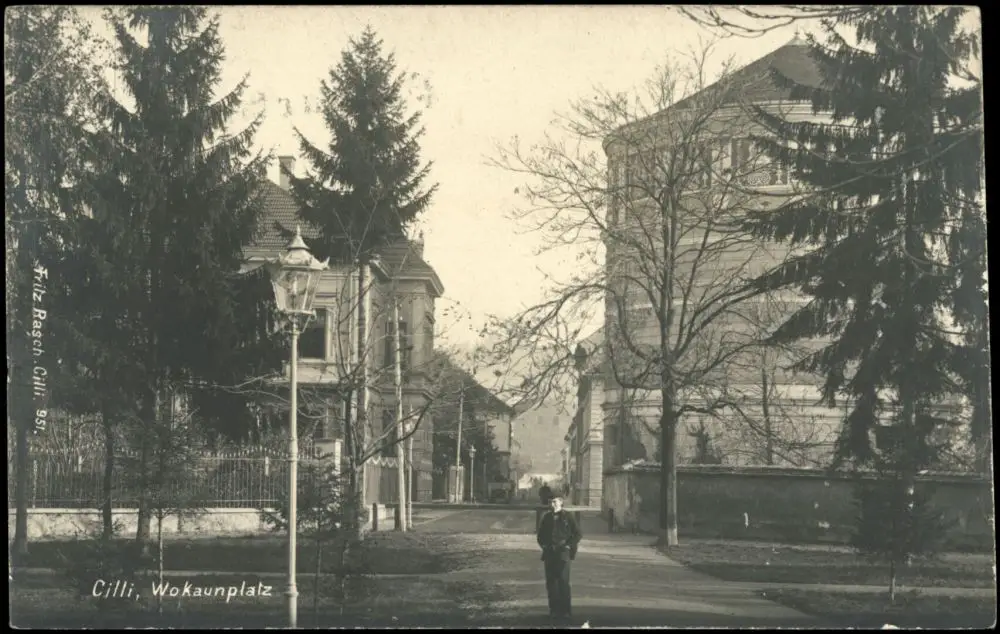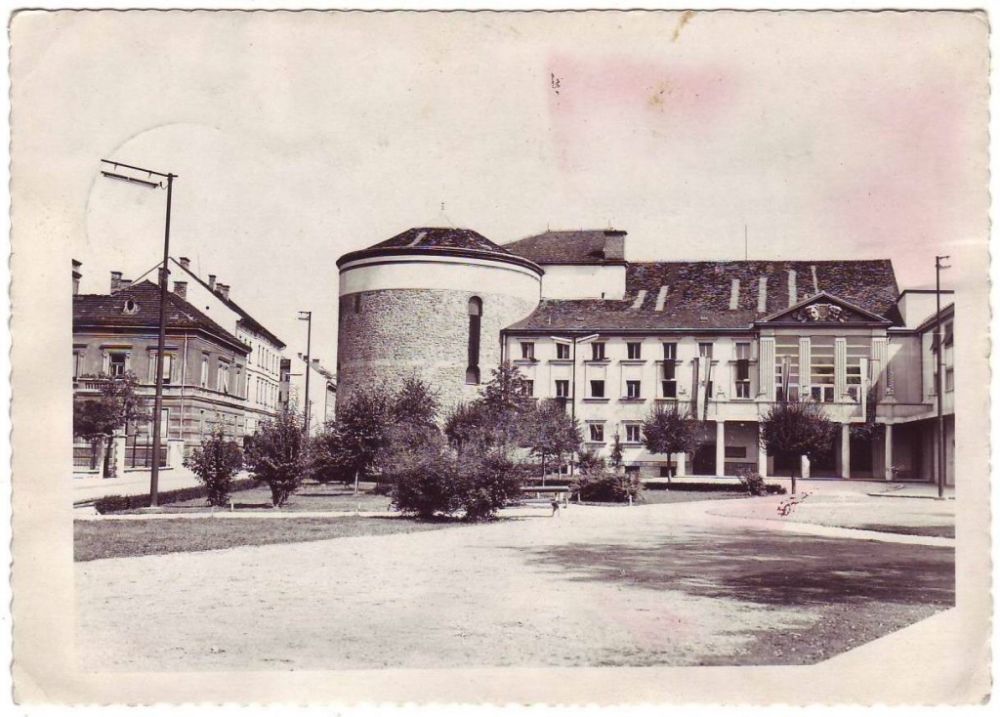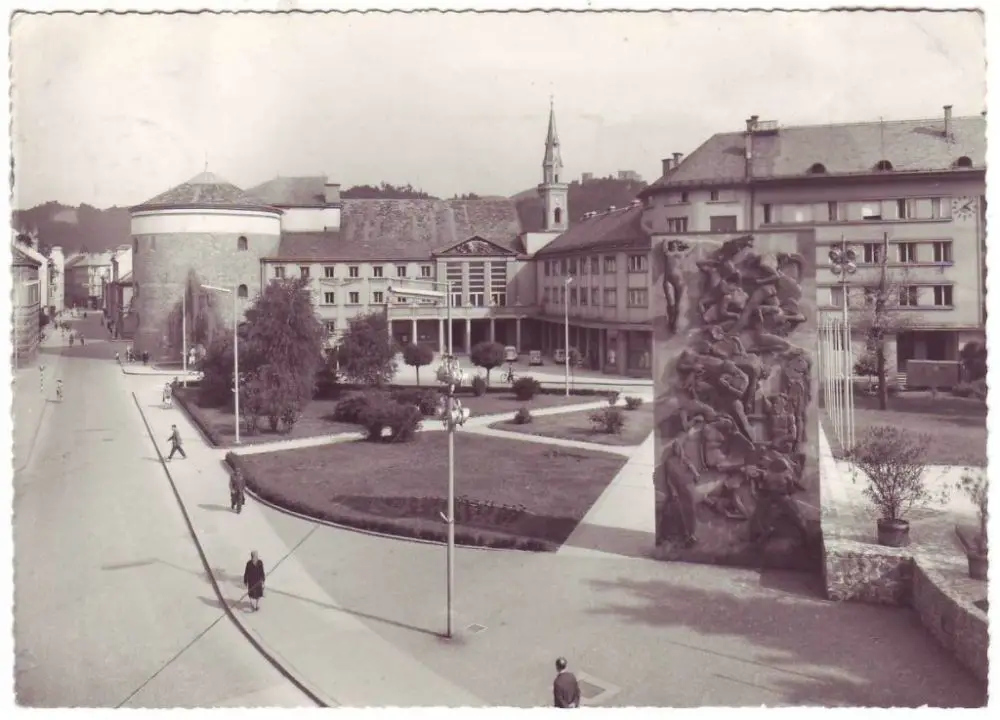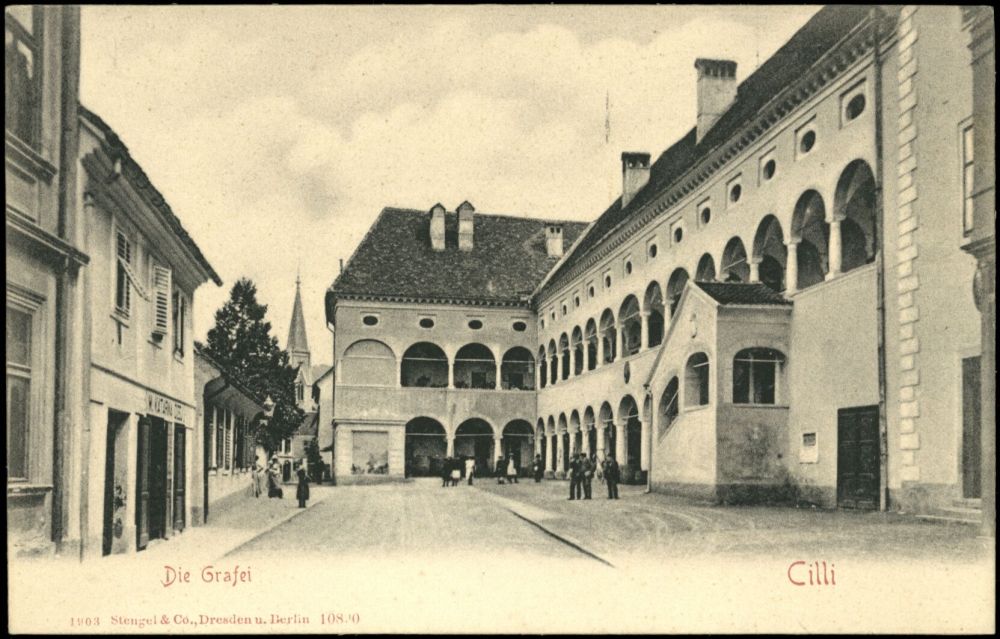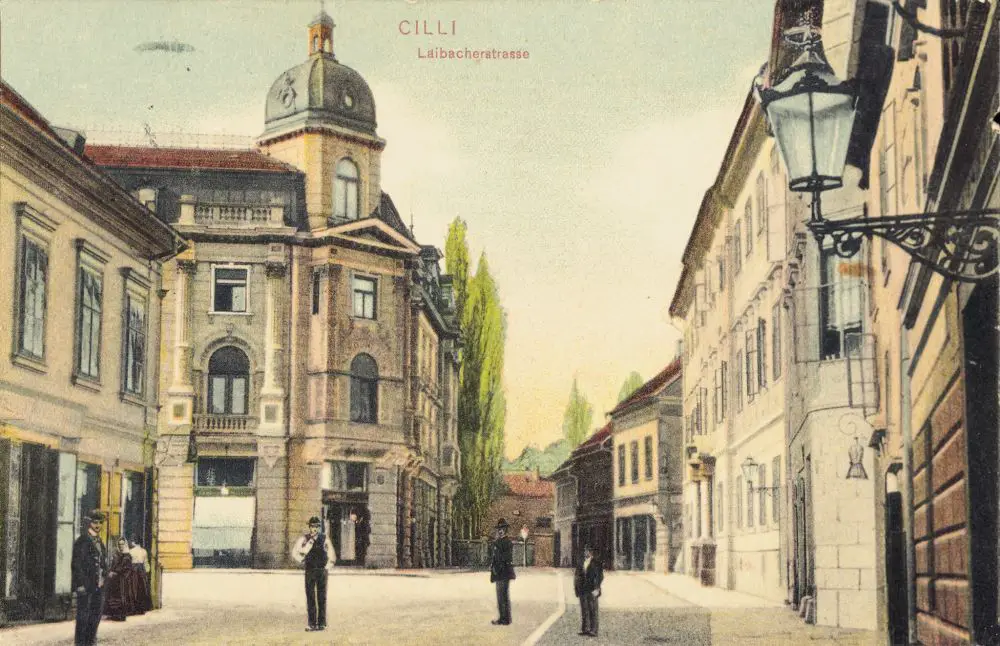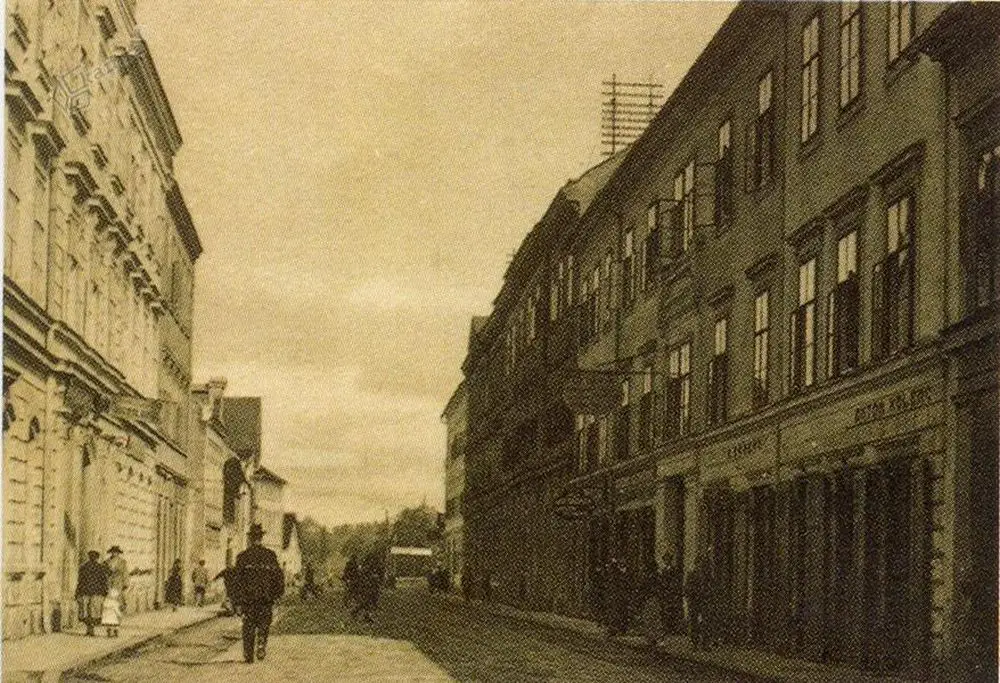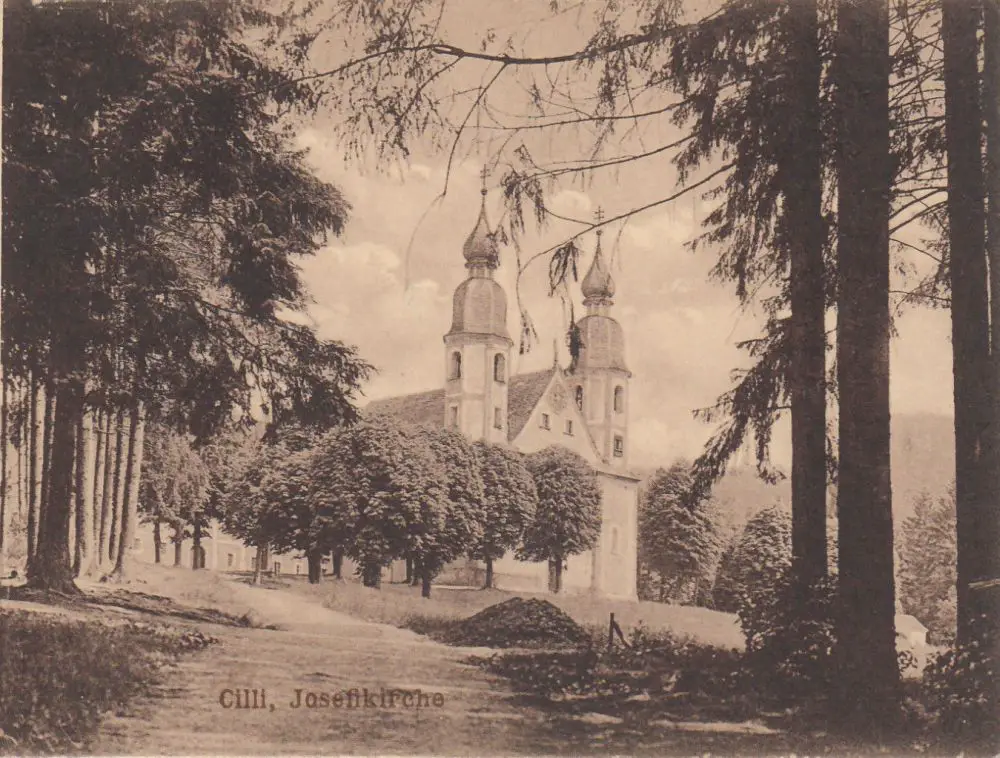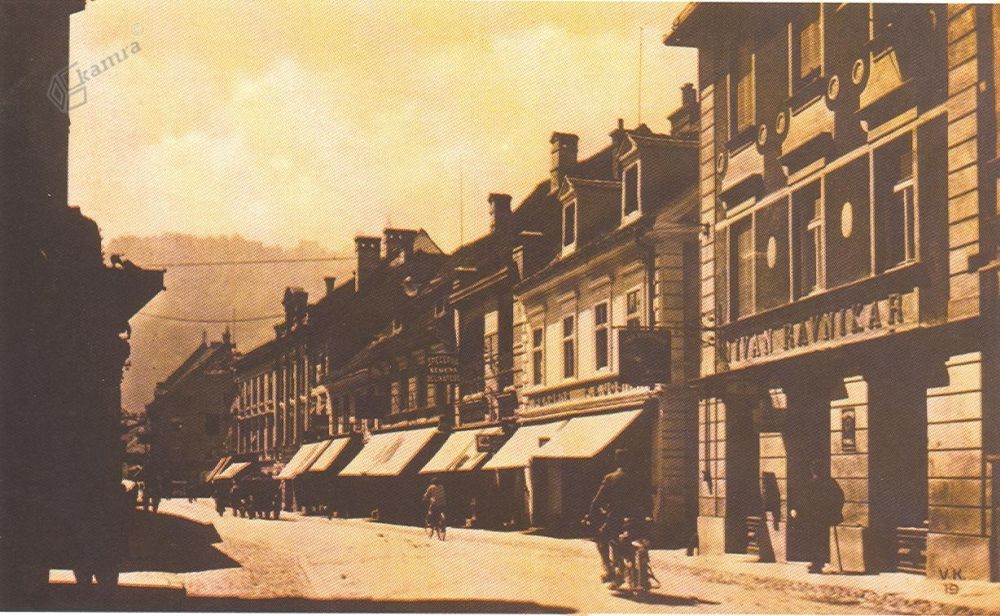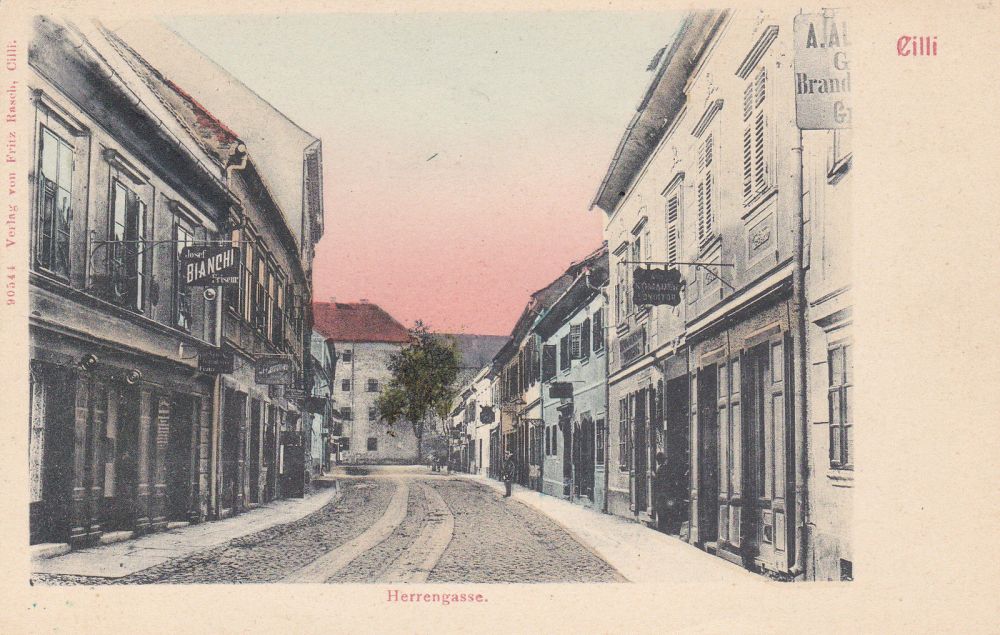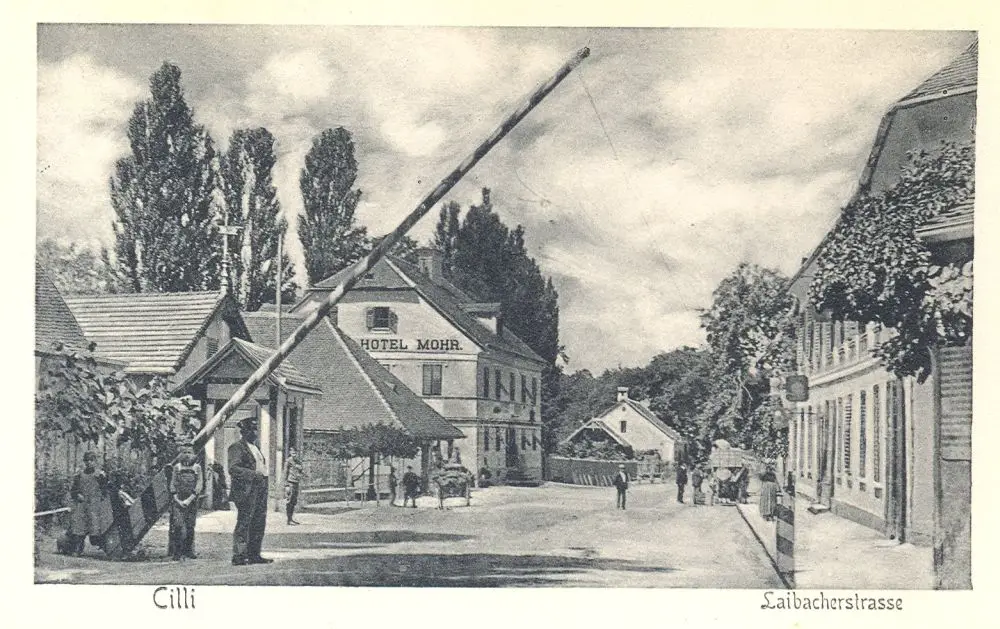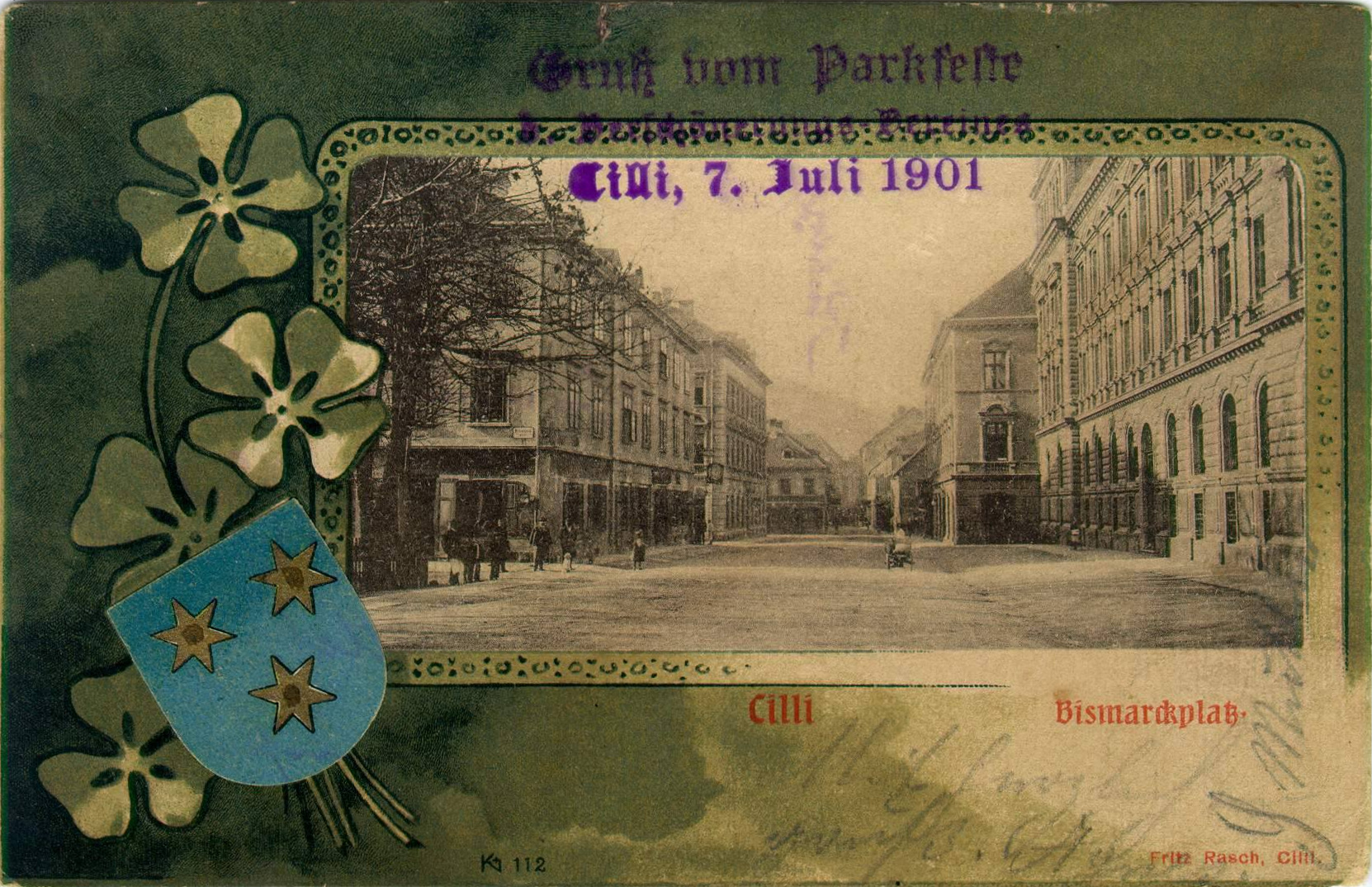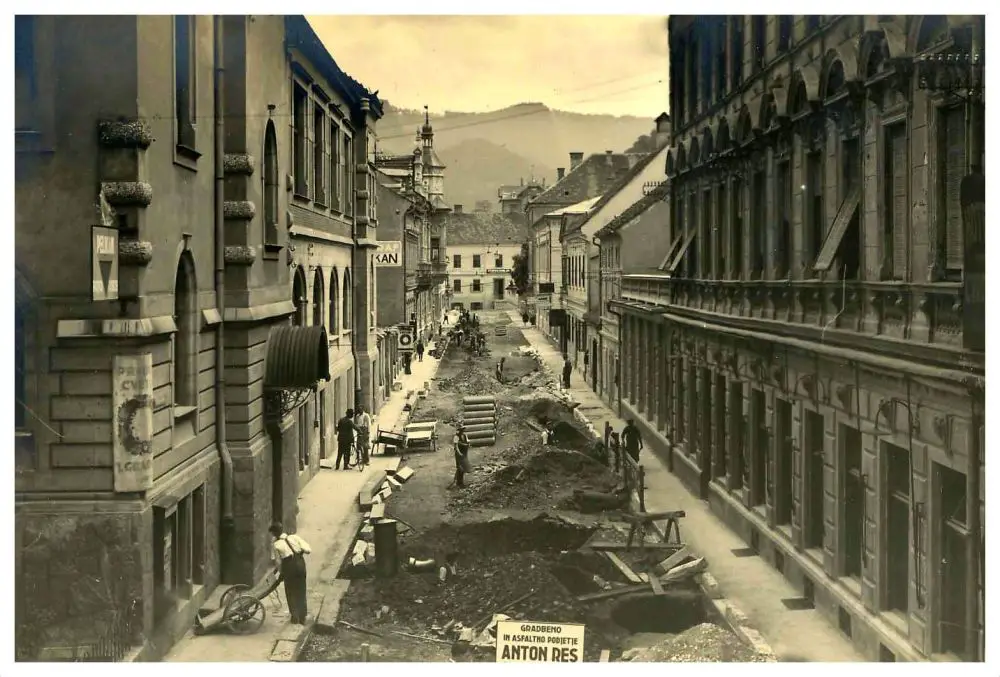The Foiba of Basovizza is meanwhile a Karst chasm which the Italians have chosen as their symbolic memorial site for the victims of post-war killings.
Italy believes the communists threw the executed Italians in it, whereas some historians say it has been proven empty.
Pahor's visit to the foiba memorial recently stirred controversy in Slovenia, with some fearing it would give the Italian revisionists of history a fresh impetus.
The commemoration was attended by representatives of several politicians and NGOs.
Senator Tatjana Rojc, a member of the Slovenian minority, said this was a historic day for Trieste and the area around the border between Slovenia and Italy.
She finds it key for the two presidents to have paid their respects at two symbolic sites chosen by the Slovenian and Italian communities as their memorial sites.
"I think this is the start of a new process, a new future on which we'll build our European identity," she told the press.
As for Pahor's visit to the foiba site, she said all the dead had the right to be respected and should not be abused for political agendas.
Similarly, Walter Bandelj of the SSO Slovenian minority organisation said this was a big day heralding the start of dialogue between the two states. He regretted it had not happened some ten years earlier.
He believes neither the Fascist atrocities nor what happened latter should be forgotten. What is needed is looking ahead and achieving reconciliation, he said.
The commemoration at the foiba will go down in history, because this is the first time that the president of a former Yugoslav republic has paid his respects to the Italian victims of post-war killings, according to Antonio Ballarin of an organisation representing the Italians who left Yugoslavia after WWII. They are known as "esuli" in Italian and "optanti" in Slovenian.
Before the Basovizza commemorations, an estimated 150 people gathered at the Fernetiči border crossing with Italy to protest against Pahor's laying a wreath at the foiba memorial, with one banner reading "traitor".
After the commemoration, a group of protestors gathered at the Memorial to Basoviza Heroes; head of the 13 July Not In My Name civil initiative, Mauro Dornik, said Pahor paid his respects at a chasm which historians proved was empty.
By doing so, Pahor "confirmed that we are a genocidal nation which went about killing Italians just because they were Italians" and sided with Fascists, he said.
Dornik believes this opens the door to the organisations representing the esuli to claim back the property they left behind in Istria and Dalmatia.
Mattarella has not posthumously amnestied the Slovenian anti-Fascists killed at the Memorial to Basovizza Heroes, which proves that both presidents' tribute to the Slovenian victims of Fascism was not sincere, he added.
A rally against Pahor's act and in support of the people of Primorska region, including Slovenians in Trieste, is also planned for tonight in Ljubljana.
The wreath-lying commemorations were held on the sideline of today's signing of a document which triggered the restitution of National Hall in Trieste to the Slovenian minority. The ceremony took place exactly 100 years since the Fascists burnt down National Hall.
Its restitution is seen by the Slovenian side as a symbolic act of reconciliation and of utmost importance for future ties between Slovenia and Italy.
It is meanwhile opposed by the Italian far-right movement CasaPound, which according to the Slovenian minority daily Primorski Dnevnik today mounted a protest in Trieste.


